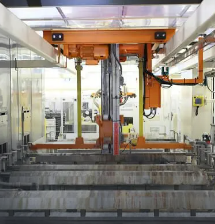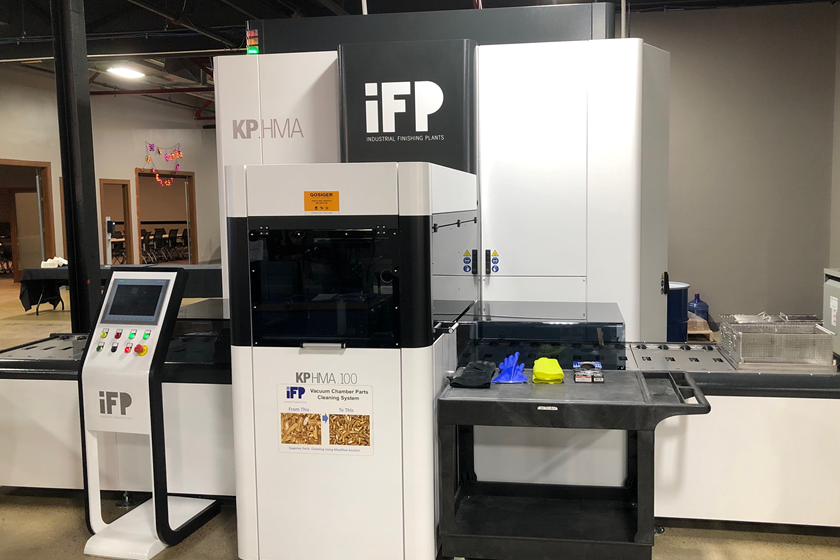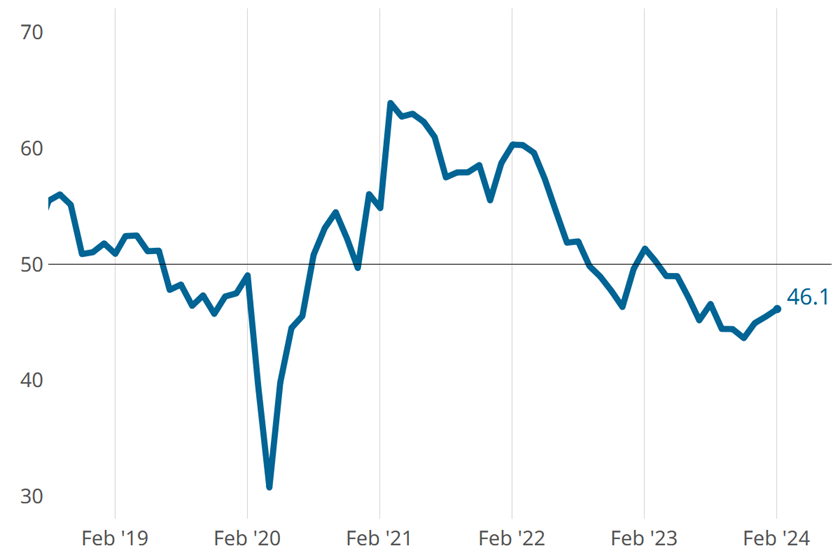SBA Mentor-Protégé Program
Will the federal mentor-protégé programs help improve a small business' chances for a federal contract?
Q. I am a small business looking to improve my chances for a federal contract. Will the federal mentor-protégé programs help? —A.J.
A. Participating in a federal mentor-protégé program can be one of the best ways for a small business to learn new skills and improve its competitive standing for government contracts. Mentors may benefit by gaining socioeconomic and small business credit with procuring agencies and also by obtaining the ability to compete, together with protégés, as a joint venture on small business and 8(a) set-aside contracts. Some of the agencies that offer this program include the Small Business Association (SBA), Department of Defense (DoD), Department of Veterans Affairs (VA), Department of Homeland Security (DHS) and Department of Energy (DOE).
Featured Content
Every federal mentor-protégé program requires that the protégé and its mentor execute a formal mentor-protégé agreement setting forth the types of assistance the mentor will provide, benchmarks to ensure that assistance is provided and so on.
Most of these programs operate the same. Below is a summary of the SBA’s 8(a) programs to provide you with some insight.
The SBA’s Mentor-Protégé Program is offered under SBA’s 8(a) Business Development Program serving disadvantaged firms. It is designed to help socially and economically disadvantaged Americans gain access to economic opportunity.
As a small business owner, you can join the program as either the mentor or the protégé. Approved mentors provide various forms of assistance to eligible 8(a) protégés. Some of the benefits of the program include:
• Technical and management assistance. The mentor’s expertise, resources and capabilities are made available to the protégé.
• Prime contracting. Mentors can enter into joint-venture arrangements with protégés to compete for government contracts.
• Financial assistance in the form of equity or loans. Mentors can own equity interest of as much as 40 percent in a protégé firm to help it raise capital.
• Qualification for other SBA programs. A protégé can obtain other forms of SBA assistance as the result of its good standing in the Mentor-Protégé Program.
What are the requirements to become a protégé?
The protégé business must meet the following requirements to participate in the program:
• Be in the developmental stage of the 8(a) Business Development Program
• Have never received an 8(a) contract
• Be less than half the size standard for a small business based on its primary SIC code
• Be in good standing in the 8(a) Business Development Program and be current with all reporting requirements.
Protégés have only one mentor at a time.
What are the requirements to become a mentor?
The mentor can be abusiness that has graduated from the 8(a) Business Development Program, a firm in the transitional stage of the program, or a small or large business. The mentor must have the capability to assist the protégé and must make a commitment for at least a year. In addition, it must demonstrate the following:
• It is financially healthy, including profitability for at least the last two years.
• It is a federal contractor in good standing.
• It can provide valuable support to a protégé through lessons learned and practical experience gained from the 8(a) program, or through its general knowledge of government contracting.
Generally, a mentor will not have more than one protégé at a time without SBA authorization.
How does a firm enter the program?
Mentor and protégé firms enter into an SBA-approved written agreement outlining the protégé's needs and describing the assistance the mentor has committed to providing. The protégé's servicing district office evaluates the agreement according to the provisions contained in a specified set of parameters. SBA conducts annual reviews to determine the success of the mentor-protégé relationship.
Qualified 8(a) participants may apply to be considered as a protégé or mentor through the SBA District Office where it is registered.
Annual Evaluation of the Mentor-Protégé Relationship
In its annual business plan update, the protégé must report to the SBA for the protégé's preceding program year:
• Technical and/or management assistance provided by the mentor
• Loans to and/or equity investments made in the protégé by the mentor
• Subcontracts awarded to the protégé by the mentor and the value of each subcontract
• Federal contracts awarded to the mentor-protégé relationship as a joint venture, the value of each contract, and the percentage of the contract performed and of revenue accruing to each party in the joint venture
• A narrative describing the success such assistance has had in addressing the developmental needs of the protégé and addressing any problems encountered.
The protégé must annually certify to SBA whether there has been any change in the terms of the agreement, and the mentor must annually certify to favorable financial health and good character.
SBA will review the protégé's report on the mentor-protégé relationship as part of its annual review of the firm's business plan pursuant to Sec. 124.403. SBA may decide not to approve continuation of the agreement if it finds that the mentor has not provided the assistance set forth in the mentor-protégé agreement or that the assistance has not resulted in any material benefits to the protégé.
This column was written by Beth S. Gotthelf and Eric J. Flessland. Beth is a shareholder in Butzel Long’s Bloomfield Hills office, and is co-chair of the Energy & Sustainability Practice Team and chair of the Aerospace & Defense Industry Team. She can be reached at 248-258-1303 or via email at legalclinic@pfonline.com. Eric is a shareholder in Butzel Long's Detroit office. He can be reached at 313-983-6901 or via email at flesslae@butzel.com.
RELATED CONTENT
-
Calculating the Cost of Powder Coating
How can you calculate the cost of powder coating a component if you only know its surface area? Powder coating expert Rodger Talbert has the answer.
-
Powder Coat MDF for an Enviable Finished Product
Cabinet maker says powder coating on wood offers more benefits.
-
Understanding Infrared Curing
Infrared cure is gaining increased attention from coaters as a result of shorter cure cycles and the possibility of smaller floor space requirements when compared to convection oven curing.


















